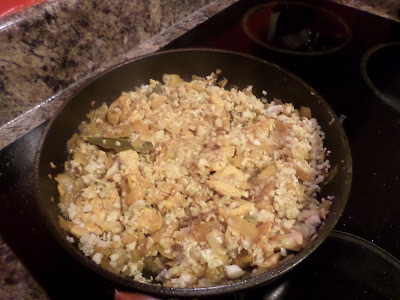I suppose you've seen the ads on Facebook and elsewhere for Who Gives a Crap? I am always inclined to cringe a bit each time I see the name. I still remember coming home from 7th grade, feeling very cool and grown up and throwing out that word 'crap' in front of my mom. She promptly marched me to the bathroom and washed my mouth with soap. I was too astonished at the whole process to resist, but I carefully watched my language around Mom from then on.
I believe this is an Australian company. The advantages of ordering from them are 1) they donate half their profits to promote water, sanitation and hygiene projects in developing countries; 2) the come with pretty wrapping paper which can be seen in various craft projects; 3) it is delivered to your house via courier; 4) if you were so inclined, you could subscribe and never have to buy TP at the supermarket again. (However, you do have to get a bag to carry the stuff, make several trips upstairs and find a place for 48 rolls; in this case, the more loos you have, the better off you would be).
I thought I'd give it a go, just out of curiosity. I ordered the regular TP, not the luxury bamboo type, though I might consider trying that later. Making a comparison with other toilet paper currently in the house will have to wait until we get another package down from the loft, as I never remember what qualities I've selected from the last shop. I tend to avoid brand names and definitely avoid anything scented. I sort of miss the pretty colours we used to get, but I gather this wasn't good for the environment.
What I did do was weigh a regular toilet roll and a WGaC roll. The regular roll (quilted tp) weighed 85g. The WGaC weighed 182g. I noticed they were the same height, but the cardboard tube was much narrower for the WGaC roll. Also, the wrapping around the tube seemed tighter/more dense. I've noticed that the cardboard tube gets wider and wider with the off brands. In one case I saw that the rolls were also shorter. Mind, I don't spend a lot of time worrying about toilet paper, I just hate being ripped off. Also being treated as though I'm too stupid to notice such things.
That said, I did take note about how long each roll lasted. The ordinary one lasted from about mid-day on Wednesday to about mid-day Friday (2 days) The WGaC roll lasted from mid-day Friday to Monday evening (4 and a bit days), so a little over twice as long. This tp isn't quilted, it isn't very thick, but it's not the thinnest tp I've ever seen, but I do tend to use more of it than of the quilted.
Since I paid £36 for 48 rolls of tp, that is 75 pence per roll; the regular tp (according to Sainsbury's website) is about 25 pence per roll, but even if I use 50 pence in worth in the same time period, the WGaC is still slightly more expensive, which I don't mind given their charitable aims. My main concerns are two:
1. Is the carbon cost of having it delivered to my house higher than having the supermarket deliver ordinary tp with all the rest of my groceries? (My guess is yes, but it is a guess).
2. What am I going to make with the pretty wrapping paper?








